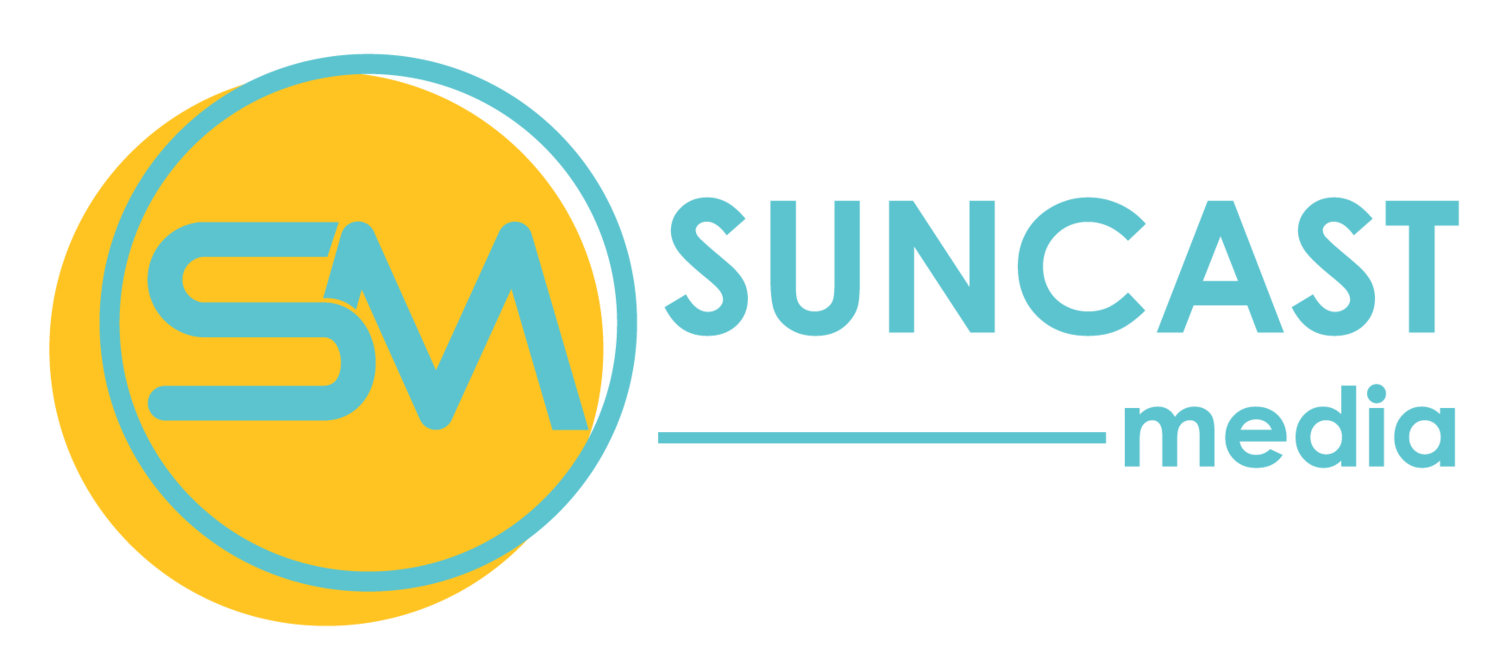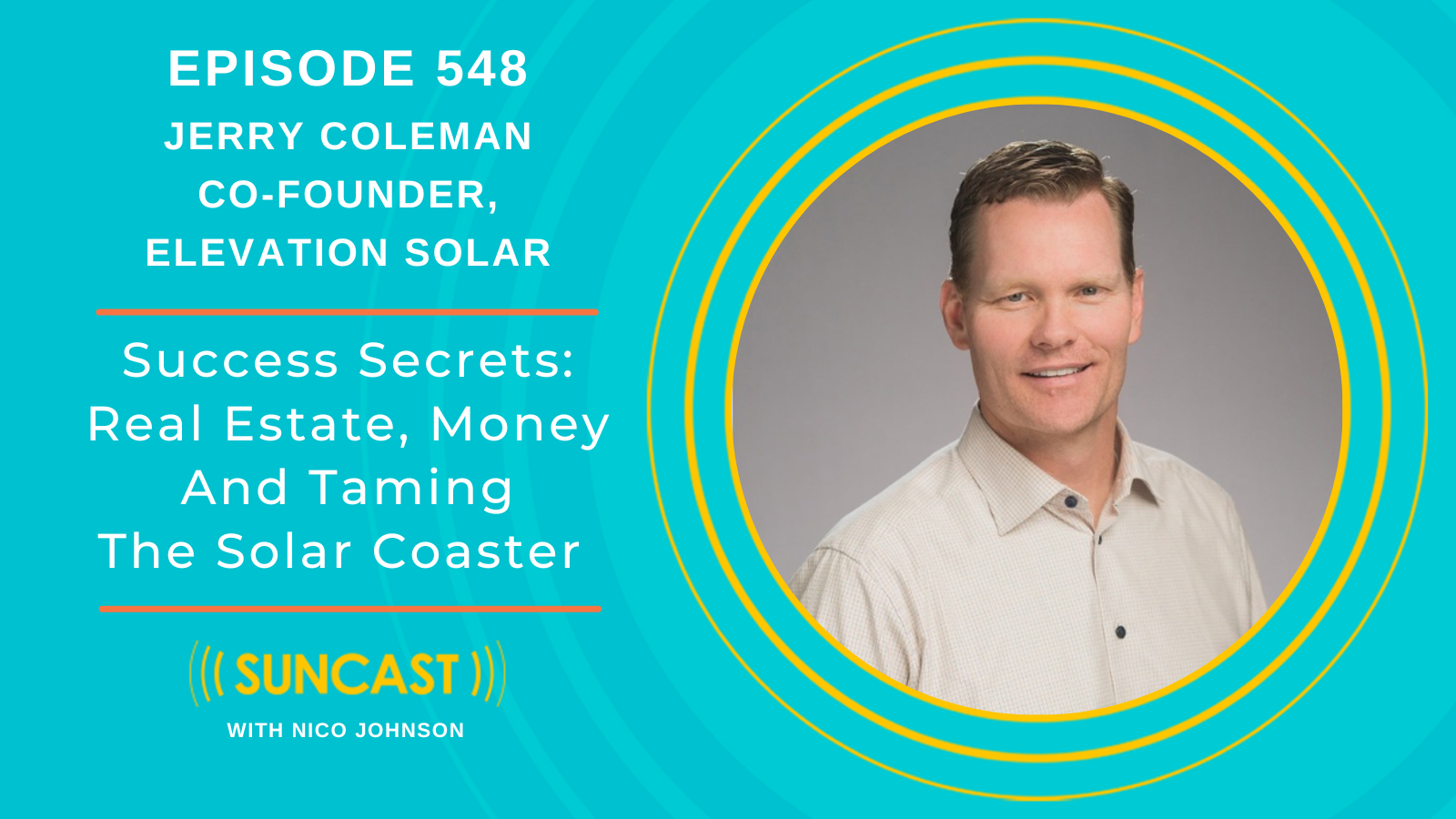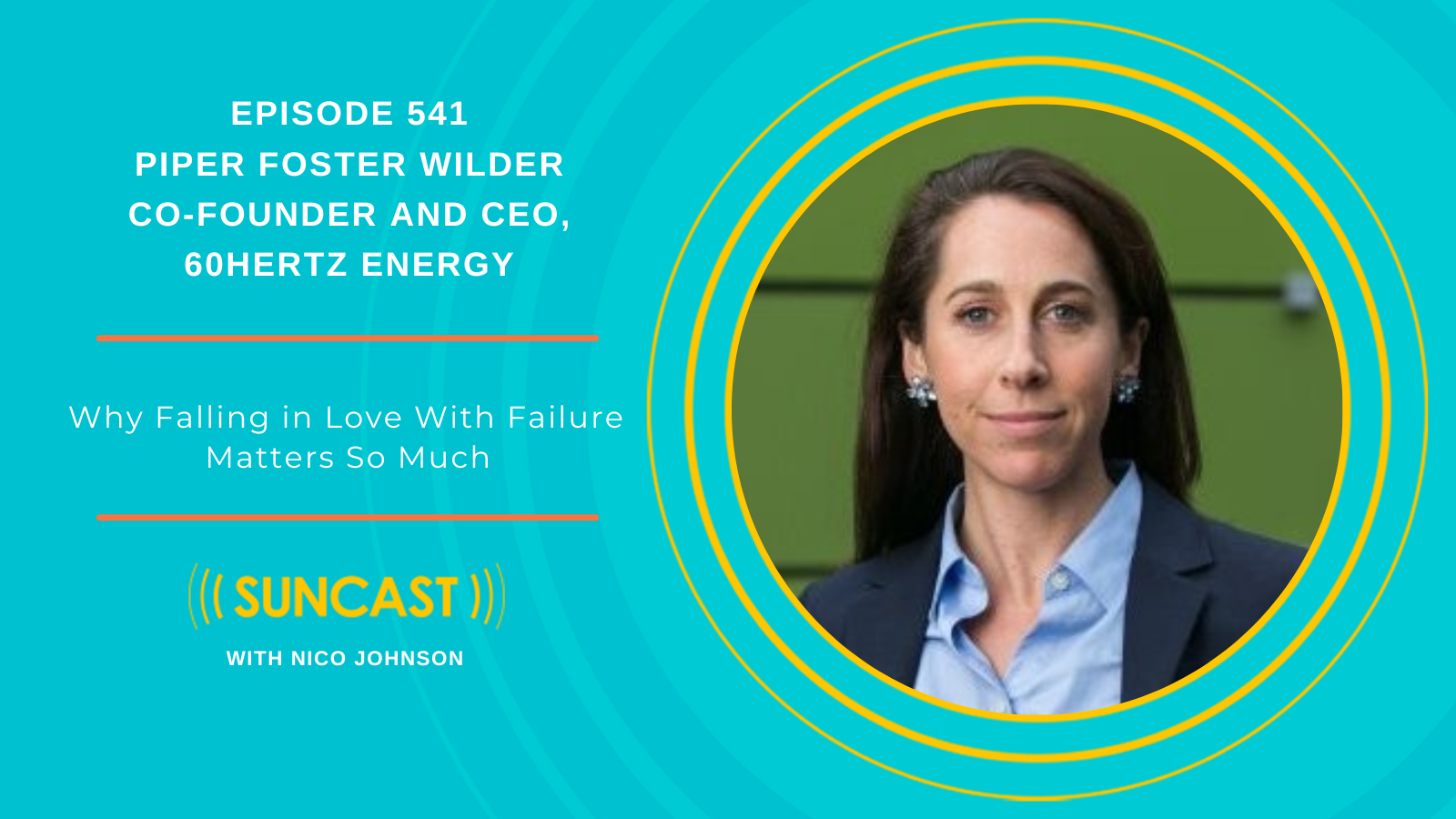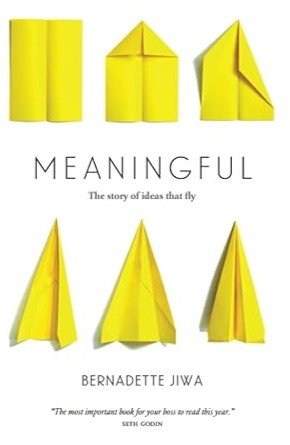We'd love if you'd leave us a 5 ⭐ rating & review and it's never been easier: www.ratethispodcast.com/suncast
If you struggle to use the words clean, green, and propane in the same sentence, today's podcast is for you.
I’m no fan of the hype train and misdirection foisted upon us by much of the traditional fossil fuel industry. So, when I met Tucker Perkins, president and CEO of the Propane Education and Research Council (PERC), I was happy to “entertain” a phone call to hear why he believes renewable propane can be dubbed a clean and sustainable energy source. Truthfully, I had zero intention of ever having him on the show. But after a delightful 30 minute jousting match over zoom, I was convinced that there was more to his narrative than meets the eye, and that it’d make a fun and entertaining (at the very least) episode for the SunCast faithful. And, I actually learned quite alot!
As Tucker explains, this “renewable” propane — sometimes called biopropane, bioLPG, eco-propane and rLPG — is a drop-in replacement for traditional propane produced from petroleum refining.
Traditional propane is a byproduct of oil and natural gas production. Because shale gas extraction has increased, U.S. propane supplies also grew significantly in the past decade.
In the United States, most propane today is produced from natural gas processing, with a lesser extent (18%), from crude oil refinement. "Propane has a lot of good characteristics. It's energy dense, easy to transport and doesn't require pipelines," Tucker said. "It doesn't contain methane, so it's not reactive as a greenhouse gas."
But, according to Mr. Perkins, renewable propane takes a different approach. Rather than oil or natural gas, the sources of renewable propane include biomass, biogas, municipal solid waste and even corn or sugarcane.
In today's eye-opening Tactical Tuesday, Tucker shares his vision for the potential of renewable propane and its role in the future of green energy. Tucker believes "safe, reliable and economical" renewable propane is part of the solution for an energy-efficient future.
PERC, operated and funded by the propane industry, views renewable propane as a viable energy source for powering homes, businesses, and vehicles due to its high energy density, clean burning characteristics, and cost-effectiveness.
This episode takes me out of my comfort zone, as I reach across the aisle to explore renewable propane as an alternative to synthetic or fossil fuels like natural gas, oil, or gasoline.
One key question I come away with: “Is renewable propane, as it's generally called in the United States, the best term for this fuel?”
Tucker and I discuss this in depth and I admire Tucker’s willingness to engage. But is this truly an alternative fuel that can potentially help us power our world, sustain our quality of life, and promote the justice and equity we seek? Is the term Renewable actually being used properly by PERC and Tucker in this sense?
"In North America, we centered around 'renewable,' under the pretense that it's coming from renewable sources like trees and crops," Tucker said.
Tucker is committed to advancing propane as a clean energy solution — and suggests it has a bright future. By 2050, renewable propane could meet half the world's demand for propane, according to the World LP Gas Association.
Before joining PERC in 2012 as its chief business development officer, Tucker served on a PERC advisory committee on engine fuel.
He has extensive experience in the propane industry, including operating his own retail propane company in Virginia, Premier Propane, and executive positions at Inergy Propane and Columbia Propane, a unit of the Columbia Energy Group. He's also active with the National Propane Gas Association and the Virginia Propane Gas Association.
Renewable propane — or biopropane, as I prefer — can be used for various applications, from electricity production to transportation, particularly in areas that lack access to other types of green transportation fuels. It can be used in existing vehicles with minimal modification, making it a good option for fleets that want to transition to a low-carbon fuel and used in newer vehicles like buses, transit trucks, and heavy-duty vehicles. And I do readily admit both in the conversation and now that there IS indeed a place for this alternative form of propane (and propane in general) as a time-tested “local energy” source that supply family, farm and community needs for backup power and even transportation needs.
Please share your thoughts. Do you have a problem, as I do, with the way that the industry has co-opted the term renewable to apply it to hydrocarbons?
I expect today's episode will stir conversation within our community — and I encourage you to join in.
NOTEWORTHY QUOTEs:
“I’m the first to say the grids gonna get cleaner, right? It has to be right, we have to use less coal, we have to use more efficient technologies, so the grid is going to get cleaner. All right, well if we’re going to survive, and we’re going to really be a contributor to a cleaner economy, healthier people and affordable solutions. Can we in fact, create a lower carbon renewable fuel?”
Thanks again to this week's sponsor, helping keep the podcast FREE to you!
SUNGROW focuses on integrated energy storage system solutions, including PCS, lithium-ion batteries and energy management system. Pleae visit https://www.mysuncast.com/sungrow
ABOUT THE HOST OF SUNCAST:
Nico Johnson is the creator and host of SunCast, consistently rated a top solar podcast in the clean energy sector. The content of the show is geared towards listeners looking for insights on where the markets are headed, how to position themselves or their companies, and what today's market leaders do to stay ahead of the pack.
Nico is an Investor, Executive Coach, and 16-year veteran of the solar industry, having led development in the US and Latin America for global companies like Trina Solar and Conergy.
You can connect with Nico Johnson on Twitter, LinkedIn or email.
If you’ve been second-guessing your work decisions or maybe trying to reconsider how you "fit" in the renewable energy industry -> grab 20 minutes on Nico's calendar and discuss whether having him as Your personal coach might be the right next step.

































